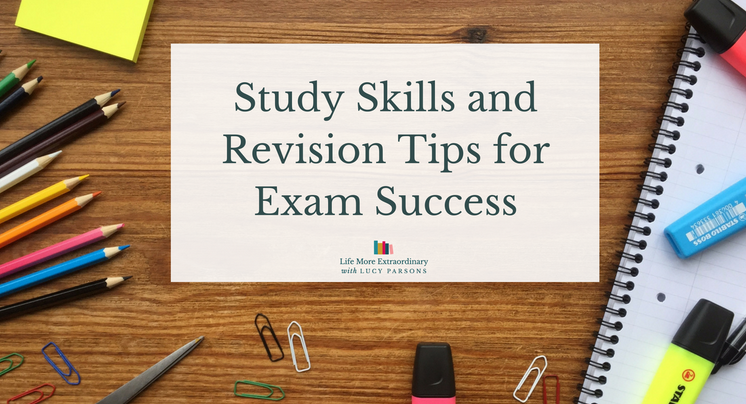Are you about to sit for your kcse exams and still having problems with Kiswahili? There’s need to panic because we have prepared five useful tips to help you in your Kiswahili revision. These tips should help you get ready for the paper even if there is little time left to revise. (NOTE: Sample papers will be shared later).
Start early revision
Kiswahili is a wide subject involving Kiswahili lugha, insha, fasihi simulizi fasihi andishi, ushairi and ufahamu. For this reason. It is important to start revising easily so as to cover all these areas.
Schedule your time
Effective time management is important when it comes to revision. Ensure you have a permanent time table meant for the revision of the various examinable areas in Kiswahili. Have a specific day for fasihi, lugha and ushairi revision.
Engage in group discussions
Group discussions will help you to get support from your peers in your areas of weakness in Kiswahili. You will be able to exchange ideas and progress in a group revision. This is especially important in fasihi andishi where you can discuss on the various books that are to be examined i.e. riwaya, tamthilia hadithi fupi etc. you should however make sure that you are in a group that is small , manageable and whose members are co-operative.
Do quick revision
Don’t spend a lot of time reading a fasihi text e.g. riwaya or tamthilia. Many students spend a lot of time reading these texts forgetting that they also have other areas to read for. Revising for the Kiswahili exam will require you to spend less time on revising a particular area since it is a broad subject.
Make use of revision materials
Past papers and revision books are a great source of revision materials. You can purchase them at bookshops or get them from your school library
[irp]
We will update sample KNEC Kiswahili revision papers here later

Leave a Comment